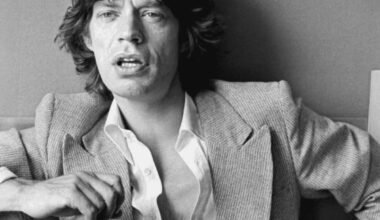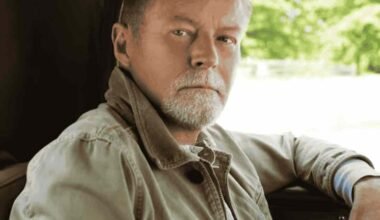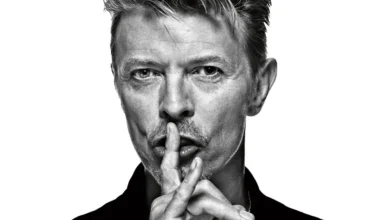Any singer venturing into progressive rock is bound to face vocal challenges. With the genre’s complex instrumentals, vocalists often need advanced breath control to navigate through lengthy and intricate compositions. While Geddy Lee of Rush mastered such acrobatics in his prime, he greatly admired a particular singer who emerged in the 1990s and made waves in the music world.
By the time grunge and alternative rock were taking over, Lee had already toned down his signature high-pitched vocals. Unlike his progressive rock contemporaries, like Jon Anderson of Yes or David Gilmour of Pink Floyd, Lee’s voice carried a raw energy similar to Robert Plant, infusing Rush albums like Hemispheres with hard rock grit alongside progressive complexity.
As Rush entered the 1980s, Lee adjusted his vocal style. No singer could maintain such high notes indefinitely, and he adapted by creating simpler melodies while still preserving the essence of the songs. Even with this shift, Rush never stopped pushing boundaries.
Throughout the late 1980s and 1990s, the band balanced synths and guitars in their music, producing pop-driven tracks like “Time Stand Still” while also delivering hard-hitting guitar-heavy tunes like “Animate.” But when it came to fearless artistic exploration, Björk had already been pushing the envelope since her days with the Sugarcubes.
Björk, the Icelandic vocal powerhouse, was known for her experimental approach to music. Whether it was unconventional time signatures or sudden jazz influences, she never played by the rules. Even if her songs weren’t always radio-friendly, her boldness captivated Lee.
In discussing newer artists he admired, Lee expressed his fascination with Björk. “I can’t really say that I feel very current. I look on the charts here at the record company and I don’t recognize half the bands.
I am probably a bit embarrassed to admit that I am not very current, but I picked up some records the other day that had some very interesting music. I never get sick of listening to Björk’s voice. She could sing to me all day long,” Lee said.
What sets Björk apart, in Lee’s view, is her refusal to be confined to one genre or style. Her album Post touches on everything from industrial music to jazz ballads, while Homogenic feels like it came from another dimension, with its sweeping strings on songs like “Joga.”
For true artists like Lee and Björk, music is about risk-taking. Rather than chasing pop stardom, both musicians revel in artistic exploration, letting creativity guide their every move.







